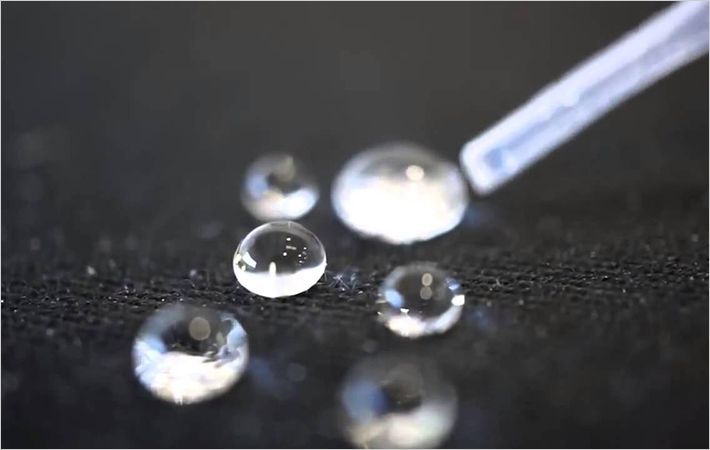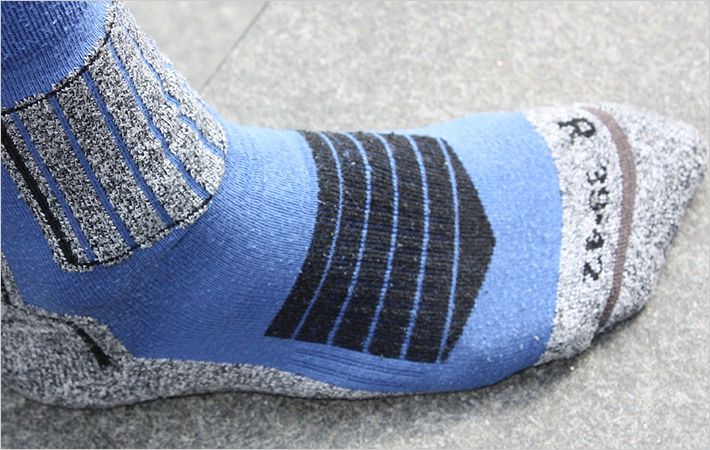Modern functional textiles for sport, leisure and professional wear are true high-tech products which ensure that sweat is transported away from the body and that we feel good. Such textiles are also increasingly furnished with properties designed to prevent unpleasant sweat odours, but this is where there are big differences in quality. It is no surprise therefore that, in addition to the fibre type (e.g. polyester, cotton), the design and the finish of the textiles are very important.
Separating the wheat from the chaff is the task undertaken by textile experts at the Hohenstein Institute in Bönnigheim. They have access to state-of-the-art test methods which enable them to examine the specific interactions between clothing and sweat. For instance, if the textile contains special anti-bacterial hygiene-fibres or a hygiene coating, the effect of this in relation to sweat odour producing bacteria can be investigated. However, the absorption of the sweat odour molecules into the fibres themselves is being examined by scientists by skilled delving into the technical bag of tricks. For instance, they mark the sweat odour molecules as radioactive and can therefore track the tiniest traces of them on the textiles. Modern functional textiles for sport, leisure and professional wear are true high-tech products which ensure that sweat is transported away from the body and that we feel good. Such textiles are also #
This enables it to be quantified precisely how much of the sweat odour remains on the fibre. The so-called "smell" of worn clothing from field tests by using an odour test device rounds off the range of methods used at Hohenstein. Specially-trained experts can directly assess the shirts, socks and other items of clothing worn by the test persons by using this olfactometer.
These panellists or sniffers do not know when the device will offer their nose the strongly diluted odour test or neutral reference air. As soon as their sensitive olfactory organs perceive the sweat odour, they give a signal. The associated software then determines precisely the odour threshold of the textile in question. This means that the valid and reproducible sweat odour behaviour of different products can be compared to each other. Only when a product passes this strict test can it be awarded the Hohenstein Quality Label "Odour Reduction " / "All Day Fresh".
An important, fundamental examination relating to the absorption and release of sweat odour molecules to/from cotton, wool and polyester fibres will shortly be published in a professional journal by the scientists from the Department for Hygiene, Environment & Medicine at the Hohenstein Institute . "Our study shows that specific treatments can have a crucial influence on the absorption behaviour of textiles as regards their sweat odour," says Dr. Timo Hammer, Scientific Manager of the department. The Hohenstein experts will now perform further investigations and together with textile manufacturers, want to develop products with optimum sweat odour management properties.
Hohenstein Institute

